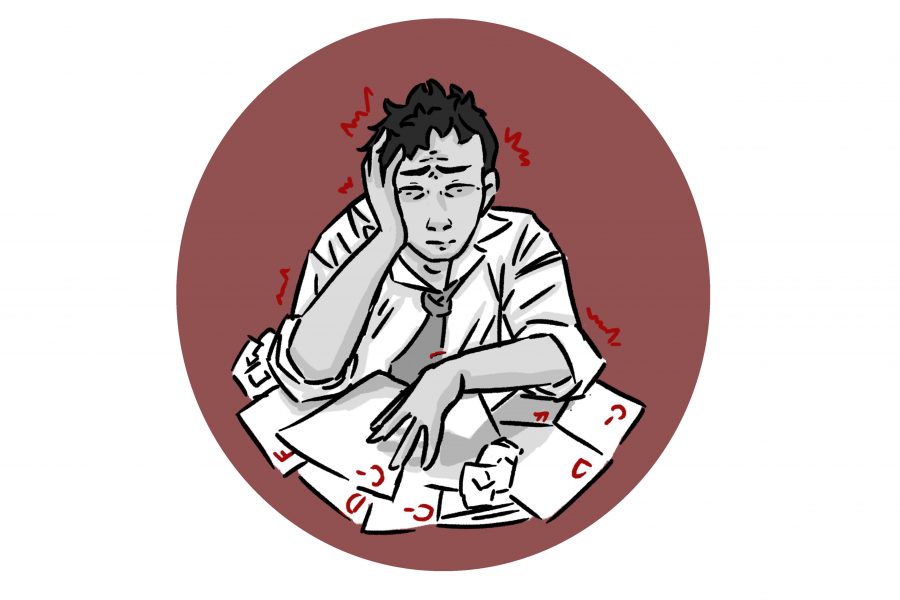Students often perceive science classes as being too hard due to the intimidating material, but it may be the result of poor teaching and even our own false perceptions.
Research published in the December 2018 issue of the journal Learning and Instruction shows that our perception of science classes might cause us to convince ourselves that the courses are harder than they actually are. This perception may disengage students and lead to them not putting effort into the learning process, according to the study.
UT researchers analyzed the psychological elements of the perceptions of 218 high school students in 43 science classes over a period of six weeks to find a cause-and-effect relationship between competence, disengagement and perceived difficulty.
Rebecca Steingut, Columbia University postdoctoral research fellow and last author of the study, said when students find the class to be too difficult, they experience a decrease in competence and engagement. This can have a negative impact on their learning experience.
“On days when (they) just feel that class is too difficult, that leads to them feeling ‘I just can’t do it’ and then that leads to them disengaging,” Steingut said.
There’s a way to decrease students feeling overwhelmed when being challenged by science courses, Steingut said. One is by adopting something called an autonomy support or autonomy support guide, which are methods teachers can use to make students feel like they have more control.
“There are several practices, such as providing a choice or providing the rationale behind class activities, to help students feel that they’re the authors of their own actions even if they aren’t choosing what they’re learning about,” Steingut said.
Mary Poteet, assistant professor of practice in the Department of Integrative Biology, teaches a signature course for Scientific Inquiry Across Disciplines. Poteet said effectively practicing autonomy support achieves remarkable results.
“This class is very different from many other classes at UT and most classes in science,” Poteet said. “The concept behind this class is to have students experience what the scientific process is about … if students understand the uncertainties, the frustrations, the excitement and the creativity of scientific inquiry, they’ll be better at understanding that science is not just a set of knowledge, but that science is a process of understanding.”
Poteet’s methods of teaching involve increasing engagement rather than making the students take in large amounts of information and then regurgitate it back. Similarly, the study shows that engaging in more interactive activities throughout class can encourage students to take more initiative in learning.
The more effective way to teach, according to the study, would be to incorporate autonomy support by making the students know why they’re assigned that task and motivate them to use the skills learned in class, which is something traditional lectures lack.
“The autonomy support tend to provide choices, explaining why they did the activity, even allowing students to express negative aspects (feedback) to the teacher,” Steingut said.
Although the study looks at on how successful this method is in high school settings, it also seems to be effective in college courses, biology sophomore Alejandra Lopez Martinez said.
“Teachers shouldn’t just be able to lecture but to also motivate and find ways to make us understand,” Lopez said.















